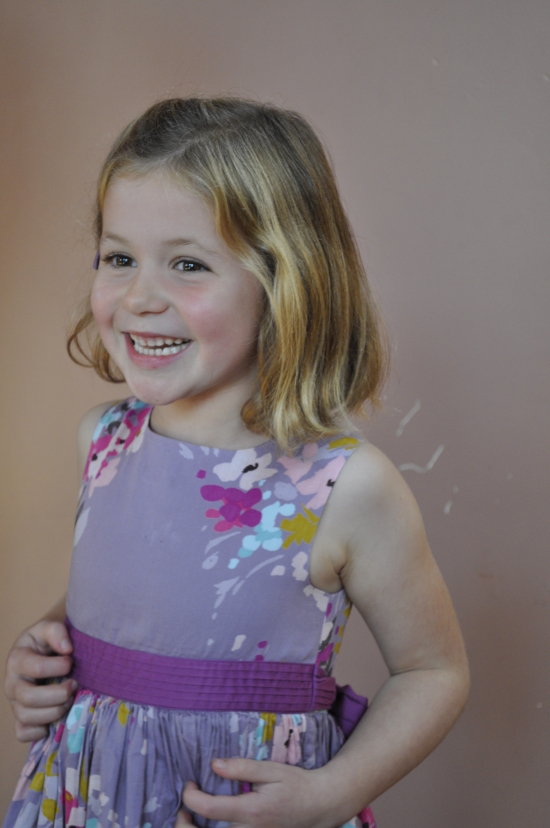LANGUAGE THERAPY
Language delays and disorders can occur in both understanding (receptive) and using (expressive) language.
To assist you in identifying whether your child has ‘receptive’ or ‘expressive’ language issues please find below further descriptions and traits of these factors:
Receptive Language: Difficulty understanding statements, following directions, and learning or retaining new words. Receptive language includes understanding spoken and signed language.
Expressive Language: Difficulty answering questions, summarizing information, talking about experiences or talking about oneself, or the need for prolonged time to formulate his/her thoughts and ideas. Expressive language includes spoken, signed, and written language.
Bilingualism is the ability to use more than one language. Children have a natural way of learning more than one language. It is important that learning two or more languages is not perceived as “confusing the child”. However, in some cases the process of second or third language acquisition may not be smooth and some children may have some specific language difficulties. This is not generally caused by the MULTILINGUAL exposure, but to other factors that may interfere with bilingual development

Evaluating you child language
I have a lovely therapy room where you can come and feel relaxed with your child, and my aim is to play and make your child feel at home because this will help your child to find it easier to transfer skills they were learning in therapy.
My approach is to provide you with structured, individualized, step-by-step treatment.
This will involve looking at all the aspects of your child communication.
During the assessment, I will play with your child and ask them questions to assess if he or she has speech, language or communication problems. I like using a variety of toys or pictures. My assessments may be formal or informal or a mixture of both.
Prior To The Assessment I will send
- Parental questionnaire including a detailed developmental history
- During my visit we can discuss any concerns and I will also chat about my findings
All babies and toddlers develop and learn differently. As parents, we often are in a constant state of wonder (and worry) whether our child’s development is on track. Most often, children follow a predictable developmental pattern, however, numerous studies reveal that up to 15 percent of children have a developmental delay but only 3%* of these children are receiving appropriate supportive services.
*Boyle CA, Boulet S, Schieve LA, et al. Trends in the prevalence of developmental disabilities in U.S. children, 1997–2008. Pediatrics 2011;127:1034–42

